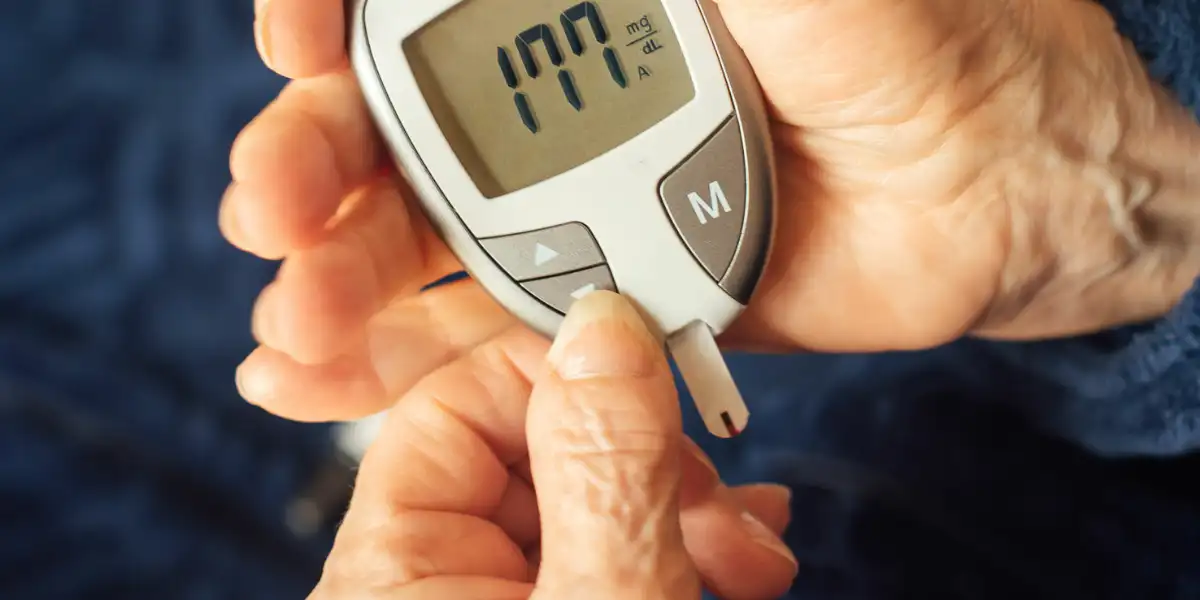A hormonal belly also known as hormonal belly fat is a common concern for many individuals. It’s that stubborn, excess fat around the abdominal area that seems resistant to diet and exercise.
While weight gain can result from a variety of factors, hormonal imbalances play a significant role in the accumulation of belly fat.
In this article, we will delve into the complexities of the hormonal complexity of hormonal belly and explore effective strategies to address it.
From understanding the role of hormones to making dietary and lifestyle changes, we’ll provide you with valuable insights to help you take control of your hormonal belly and achieve a healthier, more balanced physique. So, let’s get started!
What Are The Common signs and symptoms of Hormonal belly fat?
- Abdominal fat: Excess fat around the midsection.
- Bloating: Persistent abdominal bloating and discomfort.
- Cravings: Intense and frequent cravings, especially for sugary and high-carb foods.

How to fix your hormonal belly?
To address a hormonal belly fat issue, focus on a balanced diet, regular exercise, stress management, and seeking medical guidance if necessary. Below, we have discussed the steps in detail:
Dietary changes
Achieving hormonal balance through dietary changes involves a holistic approach to nutrition. It’s essential to include a balanced mix of macronutrients, which are carbohydrates, proteins, and healthy fats, such as those found in avocados and olive oil, which are crucial for hormone production.
Additionally, paying attention to micronutrients like Vitamin D, magnesium, and Omega-3 fatty acids is vital.
These micronutrients play a crucial role in regulating hormonal processes. Incorporating hormone-balancing foods like leafy greens, nuts, seeds, and fatty fish rich in omega-3s into your diet can support hormonal health.
Lifestyle modifications
Lifestyle choices can also have a significant impact on your hormonal balance. Stress management is paramount, as chronic stress can lead to hormonal imbalances.
Stress can be reduced by engaging in activities like yoga, meditation, and deep breathing. Regular physical activity is another crucial aspect as exercise not only promotes hormonal health but also aids in weight management.
Adequate and quality sleep is essential for hormonal regulation, so prioritize a consistent sleep schedule. It’s also worth noting that limiting alcohol and caffeine intake is advisable.
These substances can disrupt hormone levels and have a negative impact on overall health.
Hydration matters
Proper hydration is essential for maintaining hormonal balance and overall health. Water helps in the removal of waste and toxins from the body.
This cleansing process supports the liver and kidneys, which play a crucial role in metabolizing and regulating hormones.
Being well-hydrated ensures that cells can receive and respond to hormonal signals effectively. Water helps regulate body temperature, preventing overheating or overcooking.
Hormones like thyroid hormones play a role in temperature regulation, and proper hydration supports their function.
To maintain hormonal balance, aim to drink at least eight glasses ( about 2 liters) of water per day, but individual needs may vary based on factors like climate and activity level.
Limit processed foods
Highly processed foods are often loaded with artificial additives, preservatives, and trans fats. These components can disrupt hormonal balance and negatively impact metabolism.
Many processed foods contain artificial additives, including colorings and flavorings, which may have unknown effects on hormones and overall health.
Processed foods can be high in trans foods, which are associated with insulin resistance and inflammation. Insulin is a key hormone involved in blood sugar regulation.
These foods also contain high sugar, which can lead to insulin spikes and crashes, affecting hormone levels and appetite regulation.
Probiotics for gut health
Maintaining a healthy gut microbiome is closely connected to hormonal balance. Probiotics, which are beneficial bacteria, play a significant role in promoting gut health.
The gut microbiome is inhabited by trillions of microorganisms, including bacteria. These microorganisms interact with your body and influence various functions, including hormone regulation.
Some gut bacteria are involved in metabolizing hormones, such as estrogen. An imbalance in gut bacteria can affect the metabolism and elimination of hormones, potentially leading to hormonal disturbances.
To support your gut health and hormonal balance, consider incorporating probiotic-rich foods into your diet. Options like yogurt, kefir, and kimchi are excellent sources of probiotics.
Monitor blood sugar
Keeping your blood sugar levels is crucial for maintaining hormonal balance. Insulin is a hormone responsible for regulating blood sugar levels.
When blood sugar spikes, the pancreas releases insulin to bring it down. Repeated spikes can lead to insulin resistance, where cells become less responsive to insulin.
Insulin resistance can affect other hormones, such as those involved in appetite regulation and metabolism.
It can also contribute to health conditions like polycystic ovary syndrome (PCOS), which involves hormonal imbalances.

It’s advisable to incorporate complex carbohydrates like whole grains and vegetables. These foods release sugar into the bloodstream more slowly, preventing rapid spikes and crashes.
Minimize your consumption of sugary snacks, beverages, and processed foods. Blood sugar variations may result from consuming too much sugar.
Aim for meals that are well-balanced and contain a variety of healthy fats, proteins, and carbs.
This combination helps slow the absorption of sugar into the bloodstream. Also, include fiber-rich foods like fruits and vegetables in your daily diet.
Conclusion
In summary, addressing and fixing a hormonal belly involves a multifaceted approach that encompasses dietary changes, lifestyle modifications, and attentive self-care.
By recognizing the signs of hormonal imbalance, identifying potential causes, and implementing a holistic strategy, you can work towards achieving hormonal harmony and a healthier, more balanced body.
Prioritizing a balanced diet rich in hormone-balancing foods, staying hydrated, and avoiding processed foods are critical steps in this journey.
Additionally incorporating exercises, adopting stress management techniques, and optimizing sleep play pivotal roles in supporting hormonal health.
It’s important to remember that hormonal balance is a gradual process and individual responses may vary.
Consulting with a healthcare provider or a registered dietician can provide personalized guidance and further enhance your efforts to achieve a hormonal belly fix.
With dedication and a commitment to self-care, you can take proactive steps to achieve a healthier and balanced you. So, take these steps and get started towards a healthier life!
References:
- Izquierdo. A. G., et al. (2019). Leptin, obesity, and leptin resistance: Where are we 25 years later?
https://www.ncbi.nlm.nih.gov/pmc/articles/PMC6893721/ - Polycystic ovary syndrome. (2016).
https://www.womenshealth.gov/a-z-topics/polycystic-ovary-syndrome